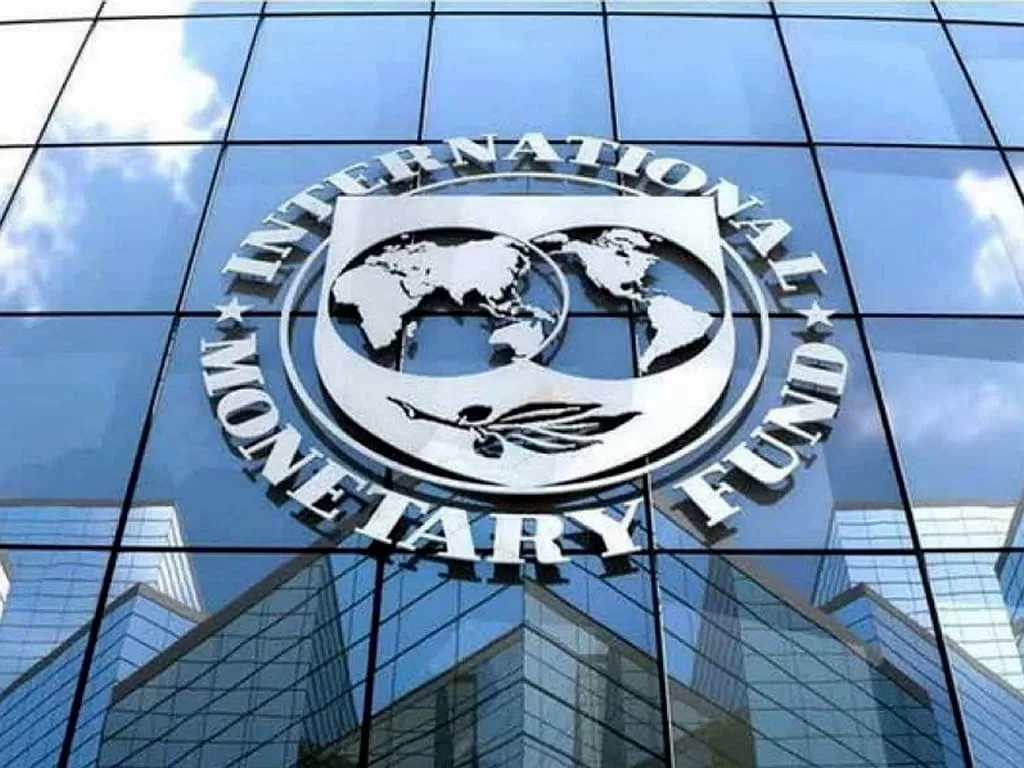Pakistani rupee significantly strengthens following staff-level IMF agreement
The Pakistani rupee has experienced a significant surge in value following the announcement of a staff-level agreement with the International Monetary Fund (IMF). This agreement could be a turning point for Pakistan’s economy, which has been struggling with high inflation and a weak currency.
The agreement, which was reached after months of negotiations, will provide Pakistan with a $6 billion bailout package to help stabilize its economy. The announcement of this agreement has been met with optimism by investors and analysts alike, who see it as a positive development for Pakistan’s struggling economy.
The Pakistani rupee has already seen a significant increase in value following the news of the agreement. In the weeks leading up to the announcement, the rupee had been trading at around 158 to the US dollar. However, following the news, it has strengthened to around 153 to the US dollar, representing a significant increase in value.
The strengthening of the Pakistani rupee
The strengthening of the Pakistani rupee is a positive development for the country’s economy, as it will help to reduce inflation and make imports cheaper. This will be particularly beneficial for the country’s large textile industry, which relies heavily on imported raw materials.
The agreement with the IMF will also help to reduce Pakistan’s budget deficit, which has been a major concern for the country’s government. The IMF has stipulated that Pakistan must reduce its budget deficit to 0.6% of GDP by the end of the fiscal year 2022-23. This will require the government to make significant cuts in spending, particularly in areas such as defense and subsidies.
The IMF agreement has been met with some criticism, with some analysts arguing that the conditions attached to the bailout package are too harsh. However, the Pakistani government has defended the agreement, arguing that it is necessary to stabilize the country’s economy and ensure its long-term growth.
The agreement with the IMF comes at a time when Pakistan’s economy is facing a number of challenges. In addition to high inflation and a weak currency, the country is also grappling with a large current account deficit and a high level of public debt.
The government has been taking steps to address these challenges, including implementing a number of economic reforms and cracking down on corruption. However, progress has been slow, and the country’s economy has continued to struggle.
The IMF agreement
The IMF agreement represents a significant step forward for Pakistan’s economy, but it is only the first step. The government will need to continue to implement economic reforms and take steps to address the country’s underlying economic challenges in order to ensure long-term growth and stability.
One area where the government could focus its efforts is on increasing exports. Pakistan’s exports have been stagnant for a number of years, and the country has struggled to compete with other countries in the region, such as India and Bangladesh.
To address this issue, the government could invest in infrastructure, such as ports and highways, to make it easier for businesses to transport goods. It could also provide incentives for businesses to export, such as tax breaks or subsidies.
Another area where the government could focus its efforts is on improving the education system. Pakistan has a large population of young people, but many of them lack the skills and education necessary to compete in the global marketplace.
By investing in education and training programs, the government could help to build a skilled workforce that is better equipped to compete in the global economy. This could help to attract foreign investment and create jobs, which would in turn help to boost economic growth and reduce poverty.
Conclusion
In conclusion, the staff-level agreement between Pakistan and the IMF represents a significant step forward for the country’s struggling economy. The strengthening of the Pakistani rupee is a positive development that will help to reduce inflation and make imports cheaper, while the conditions attached to the bailout package will help to reduce Pakistan’s budget deficit.
However, the government will need to continue to implement economic reforms and take steps to address the country’s underlying economic challenges in order to ensure long-term growth and stability. By investing in exports, infrastructure, education, and other areas, the government can help to build a strong, stable economy that benefits all of Pakistan’s citizens.






Share this: